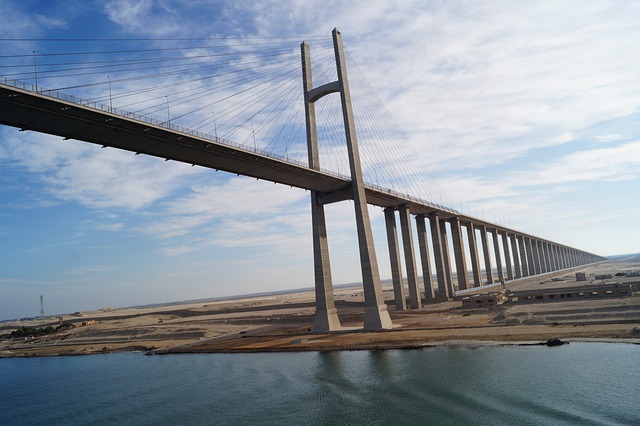Why is Suez Canal so Important for global trade?
How much did this blockage cost?
So how did this blockage disrupt Logistics and supply chain?
The global supply chain always focusses on being robust enough to cope with any fallout arising from disturbances occurring globally or from the blockage of the Suez canal. Logistics processes will be able to absorb any problems that will arise from it, as has been apparent in the face of previous supply chain disruptions.
The suspension of traffic through the Suez canal , has created uncertainty across the global supply chain and stocked fears that the port and terminal sector could suffer a new congestion crisis, particularly in Europe and Asia.
According to supply chain experts Wolfgang Lehmacher, the global supply chain network ‘’carries a lot of inefficiencies and buffers” already and has had to cope with trade wars, underinvestment,and the effects of COVID-19 pandemic , such as border restrictions and closing of infrastructure.
Yet the global supply chainsare still largely functioning , despite all the consequences and impacts of the before-mentioned decisions. “ports look messy, and the chain disjoined. But eventually, things will fall into place. Thanks to the experienced and extensive problem-solving capabilities of the supply chain and logistics professionals in the industry.”
Approximately 12% of global trade pass through the Suez canal and its most badly hit volume will be between Asia and Europe, with oil and liquified natural gas (LNG) being badly affected, along with containerised trade. The International Chamber of Shipping(ICS) said the crisis has laid bare the “fragility of global supply chains and emphasised how important container shipping sector is to the global economy.
“the literal ‘pinch point’ of Suez is a prime example of how an unexpected incident can disrupt the finely balanced system that we all rely upon. The majority of trade between Asia and Europe still relies on theSuez canal, and given that vital goods including vital goods, vital medical equipment PPE .As better logistics makes your products more available to an increasing group of people, wise business leaders consider it a very important tool in creating value for customers. Logistics creates and increases the value business offer by improving merchandise, and ensuring the availability of products.
Logistics is an important element of a successful supply chain that helps increase the sales and profits of a business. Moreover , a reliable logistics service can boost a business’ value and help in maintaining a positive public image . Here is the important part of logistics. Logistics plays a key role in the economy in that it supports the movement and flow of many economic transactions . it is an important activity with regard to the facilitation of the sale of practically all goods and services. … If goods do not arrive in the correct place and condition, no sale can be made!!




